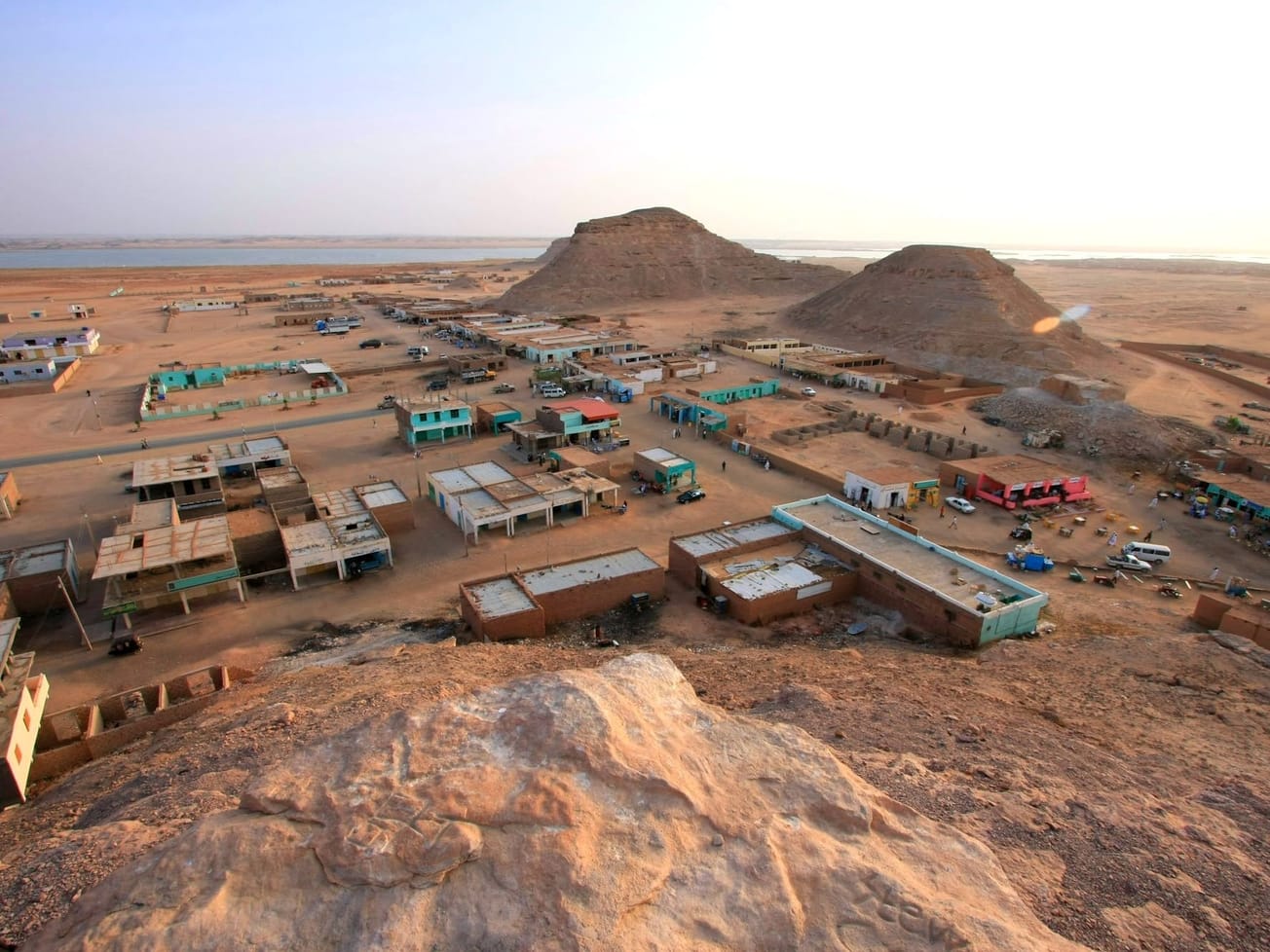GENEVA (AN) — Humanitarian aid aimed at helping some of the hundreds of thousands of people facing starvation and millions more lacking basic items will immediately begin flowing from Chad to Sudan's Darfur region.
What's new: U.N. Secretary-General António Guterres discussed the movement of humanitarian aid through Sudan's Western border crossing at Adre, Chad, with Sudan’s de facto ruler, army chief Abdel Fattah al-Burhan, on Sunday.








